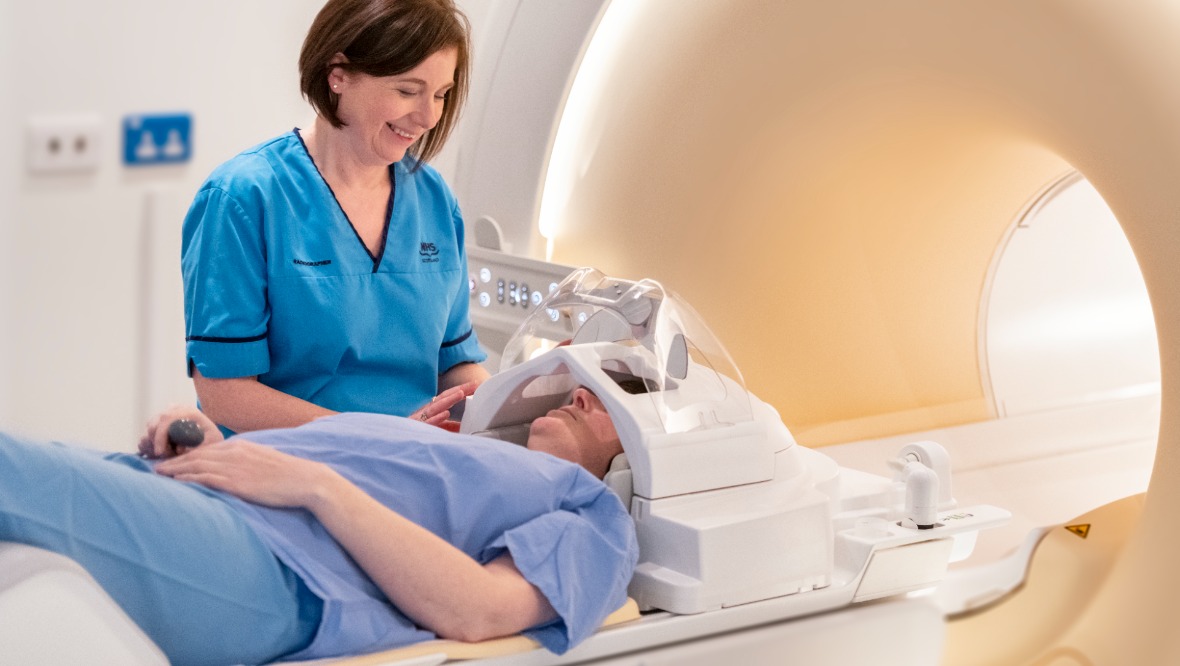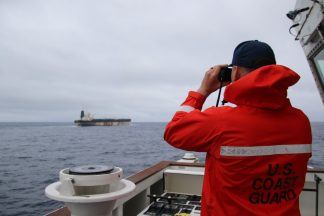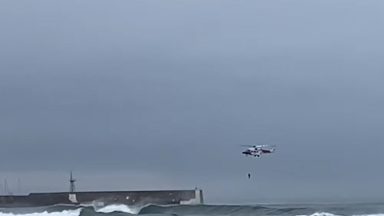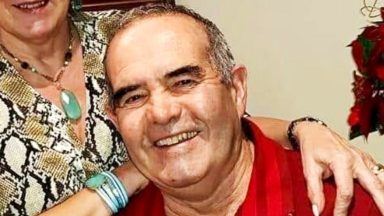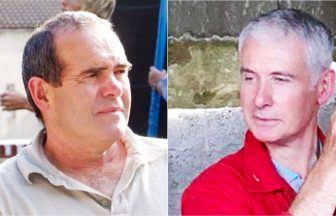Patients in Aberdeen undergoing MRI scans will now be able to hear instructions in Doric to help them feel more comfortable.
Following a £1.2m upgrade, the scanner at the University of Aberdeen was pre-programmed with 17 languages including English, Spanish, French, Arabic and Mandarin.
However additional languages can be added and following a collaboration with the university’s Elphinstone Institute, the scanner can now issue instructions in the north-east dialect.
Almost half of residents in Aberdeenshire identify as Scots speakers, and it is hoped the new technology will help make patients feel at ease while undergoing scans.
Dr Gordon Waiter, a senior lecturer and brain imaging expert at the University of Aberdeen said: “We’re aware that coming for an MRI scan can be unnerving, so anything that makes the experience more relaxing is welcome.
“As someone from the north-east myself I am proud of our distinct dialect of Scots and it’s great that advances in technology allow us to offer this degree of flexibility, whether it is for people who speak Doric, or indeed any of the other 17 languages available.”
It is hoped the Doric instructions will be beneficial to dementia patients, as recent research from Dr Thomas McKean at the university’s Elphinstone Institute found some were best able to communicate in their native tongue, which in the north-east can often be Doric.
“People living with dementia find comfort in the familiar, the known,” says Dr McKean.
“So hearing our mother tongue in a stressful medical situation can only be a benefit, helping to relax patients at a difficult time.”
Simon Gail, who recorded the phrases for the scanner, has first-hand experience of the phenomenon, as his grandmother is more communicative in Doric.
He said: “My grandmother, a Doric speaker who has dementia, struggles now with communication in English, but when carers and medical professionals use Scots, she is much more responsive.
“Of course not everyone that comes for an MRI scan will be in this situation, but as well as helping those that are, I’m learning through my own research on the use of north-east Scots in public health communications during the pandemic, that, for many, the language can reach people in ways that English does not, invoking, as it often does, notions of home, safety, and stability in very uncertain times.
“The uncertainty of receiving an MRI scan is perhaps a comparable experience on an individual level and the sound of Doric instructions may invoke positive feelings in those who hear them.
“It’s great that Dr Waiter decided to make use of the facility to allow us to record instructions in Doric and if my voice can put even one person at ease, I am delighted.”
Follow STV News on WhatsApp
Scan the QR code on your mobile device for all the latest news from around the country


